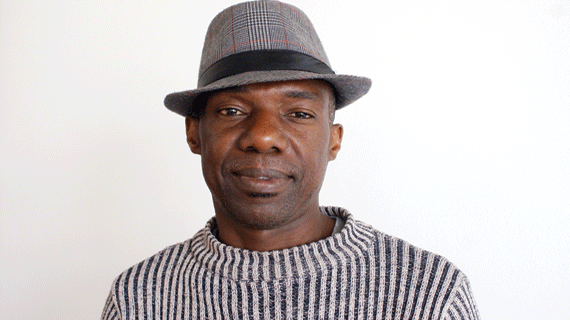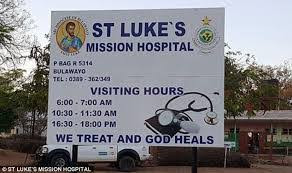
IT just had to be said at some point. Our pricing structure in Zimbabwe is far out, as the Americans are wont to say. Lenox Mhlanga
Way, way out! We have taken other people’s currency and made a complete mockery of it. A story is told, whether true or not, that President Barack Obama wanted to see for himself this loaf that was being sold for one dollar.
Was it one so special that it could fly, do somersaults or do something incredible inside the stomach when consumed?
The import of that story is that we don’t read much into the dollar. Everyone who comes visiting will tell you that the greenback is undervalued in this country.
The excuse one is given is that we are coming out of a hyper inflationary environment where the value of our currency was once less than that of tissue paper.
But that is no excuse since the reality is that there is not too much of it in circulation. Except, of course, in the pockets of a few fat cats.
The way retailers have stuck to a warped pricing model boggles the mind.
Take for instance local retailers in Bulawayo who sell their goods at a price higher than in Harare, or the rest of the planet for that matter.
- Chamisa under fire over US$120K donation
- Mavhunga puts DeMbare into Chibuku quarterfinals
- Pension funds bet on Cabora Bassa oilfields
- Councils defy govt fire tender directive
Keep Reading
Bulawayo, for all its collection of sins has no money. Period! The burgeoning industry that was once the envy of the region is now a mirage.
Factories have been turned into churches and the thousands who trekked to Belmont, Donnington and Khami have all but disappeared.
Many have crossed the Limpopo River and those who remain are scratching the ground for a living.
Where then do our avaricious retailers and service providers expect the money to cover their extortionist pricing to come from?
Gone are the days when a business owner would just shut their eyes and dream up a price.
Or because of the fact that 20 other competitors see it fit to price their merchandise in a certain way they should follow suit?
Retailers wonder why stock is not moving an inch on the shelves. Because it is just too expensive dummy!
The excuses given include that it would have taken a lot of money to bring the goods into the country in the first place.
Well, that is debatable. Not with mark-ups in excess of 200% when 10% will do! Others claim that the taxation is punitive.
Don’t make me laugh, hands up those who actually pay their taxes? Let us not go there. It is all because of pure greed if you ask me.
I can clearly hear the loud guffaws from the business community. Uyahlanya lo! (He’s crazy) they are saying under their breath. Kazi i-business.
But it’s all simple really. Small profit, quick return. It’s a principle that I used to teach my commerce students in high school some years back.
The supermarkets are making a killing from it.
The idea is to make your goods affordable and they will fly off the shelves giving one enough capital to order some more.
Unless there is a mafia that is forcing every seller to charge the same prices, there is absolutely no logic in selling two shirts a week just because one doesn’t want to cut down the price by 50% for instance?
Are you so intimidated that you can’t see the answer to all your troubles even if it slapped you in the face?
They say that a bird in hand is worth two in the bush.
Cash in hand is worth much more than a whole rack of suits gathering dust in the shop and fast going out of fashion.
The problem with some of our businesses is that they do not strategise, that is, to sit down and think.
They do not sit down to consider which direction the business is taking. If you are not breaking even, then you should shut down.
We really have to disabuse ourselves of the herd instinct. Singabohamba labobhuzeni (don’t drift with the crowd) when conducting business.
Just because this one is selling men’s underwear and seems to be making it does not justify me going into the same business.
I saw it happen in Botswana and it’s not pretty. It’s what in Ndebele is called umhawu, green envy, not business.
In Harare you have a whole block of shops selling exactly the same things.
But that is no reason to copy them in Bulawayo because one does not know where their money comes from.
They are able to sustain their shops with a seemingly invincible yet steady supply of cash. Ever heard of something called money laundering?
The lesson for retailers in Bulawayo is as clear as day. Restrategise on pricing by considering the ability of your customers to pay.
Secondly, diversify and identify your unique selling proposition. If it is service then go for excellence.
As for the goods, price them affordably so as to get a steady stream of customers that will keep the tills ringing. What we are saying is adapt or die.
Lenox Mhlanga is a social commentator Twitter: @lenoxmhlanga










